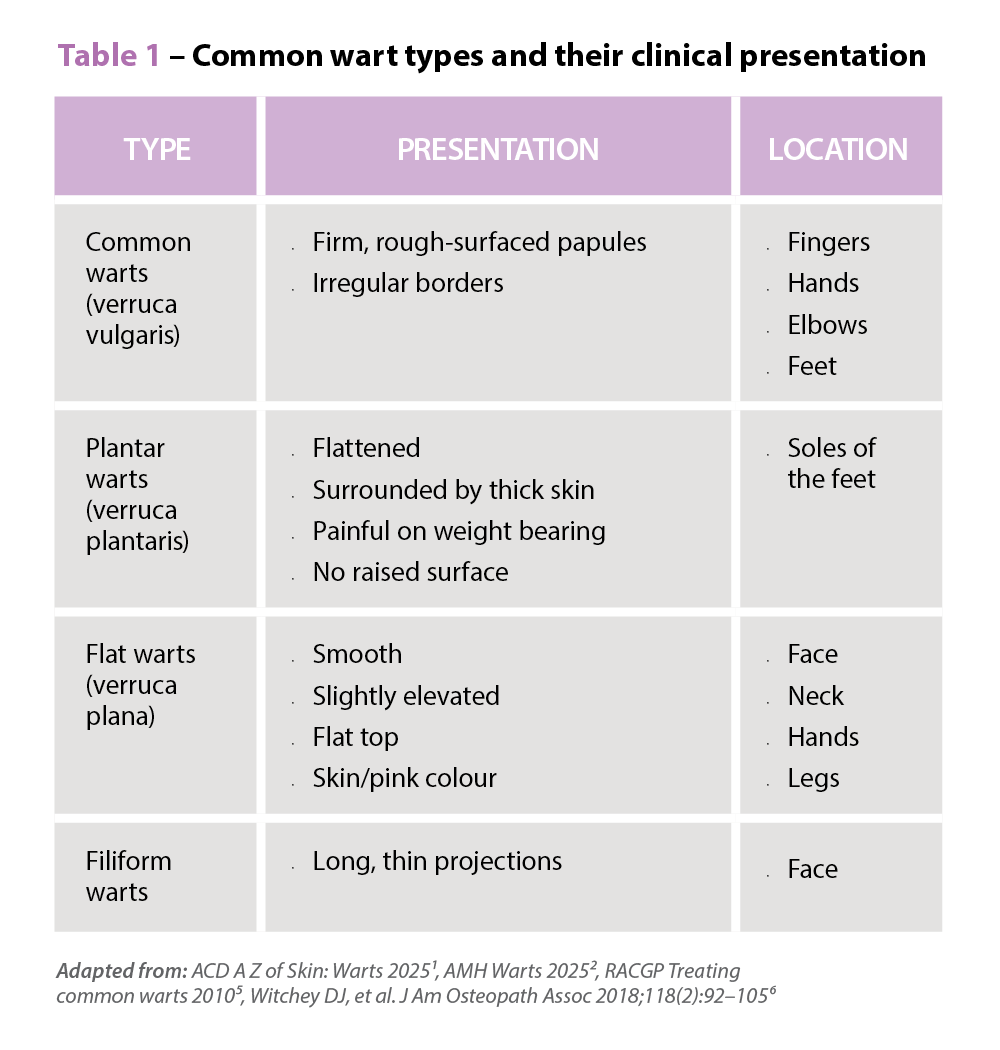Last year, the Therapeutic Goods Administration (TGA) made an interim decision to reschedule this formulation of dihydrocodeine (Rikodeine) to a prescription medicine. Why hasn’t it happened yet?
On 26 July 2024, the interim decision on dihydrocodeine was published, which was made in response to concerns about the potential for misuse, abuse, and dependence associated with the opioid derivative.
The TGA Delegate’s interim decision was to amend the Pharmacist Only entry for dihydrocodeine to restrict undivided oral liquid preparations to a maximum primary pack size of 100 mL from 1 October 2025.
So, what happened?
What were the reasons for the interim decision?
The interim decision to amend the Schedule 3 entry for dihydrocodeine was made to balance the potential risks of dihydrocodeine, including respiratory depression, addiction potential and severe adverse effects, against the need for timely patient access to dry cough medicines.
The amendment would also align Australia’s regulations more closely with other jurisdictions such as the United States, Canada, and Europe.
Where is the final decision?
Australian Pharmacist understands that the final decision on the scheduling of dihydrocodeine is yet to be published, despite the implementation date flagged in the interim decision having come and gone last week.
It is highly unusual for an interim decision not to have been followed by a final decision within the usual decision-making timeframe – and to see the proposed implementation date pass without any formal notice.
What’s the reason behind the hold up?
In August 2024, the TGA sought public submissions on the interim decision on dihydrocodeine.
It was reported in September 2024 that, of the 7 submissions received, two were in partial support while five were in opposition of the interim decision.
The TGA noted that final decisions on dihydrocodeine had been deferred while the submissions received from the consultation were further considered.
What should pharmacists do in the meantime?
For now, the scheduling of dihydrocodeine remains unchanged. PSA has reached out to the TGA for confirmation on the final scheduling decision.
Pharmacists report they continue to experience frequent queries for dihydrocodeine from patients, many of whom don’t appear to have symptoms of dry cough.
If diversion, misuse or abuse is suspected, pharmacists should ask the patient further questions to establish the patient’s:
- age
- health status
- use of other medicines
- risk factors.
Pharmacists should also ensure they adhere to any jurisdictional regulations, including more stringent controls on drugs of dependence in some states and territories.
For example, under Queensland’s Medicines and Poisons (Medicines) Regulation 2021, Pharmacist Only medicine labels must include the name of the person for whom the medicine is supplied, clear dosage and usage instructions, and safety warnings such as ‘Keep out of reach of children’.
Pharmacists in all states and territories can opt to keep records on supply of dihydrocodeine, and can refuse supply based on their clinical assessment and judgement.




 Symptoms
Symptoms













